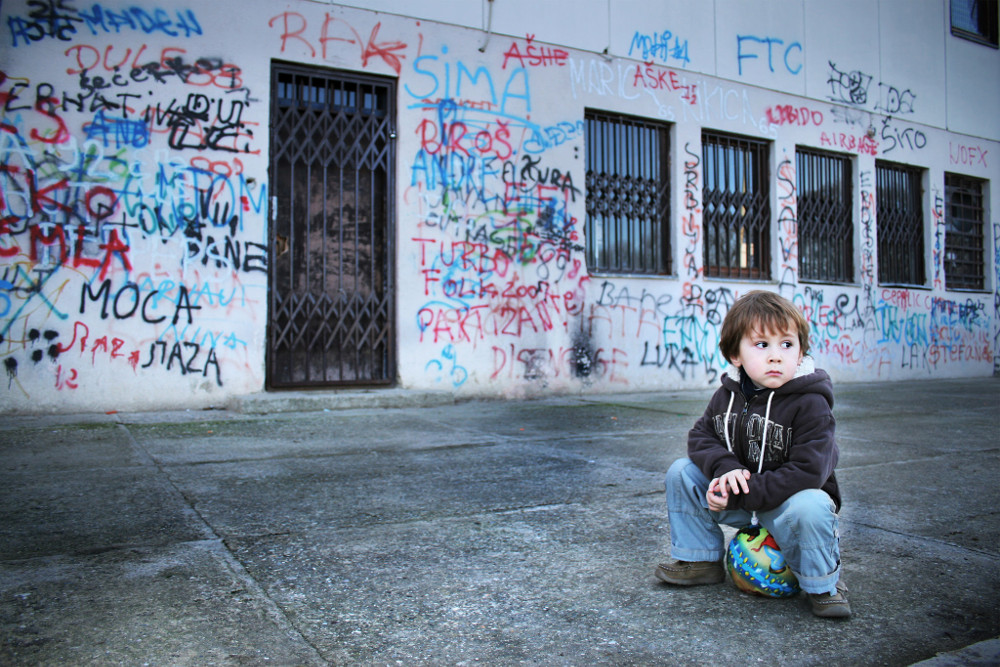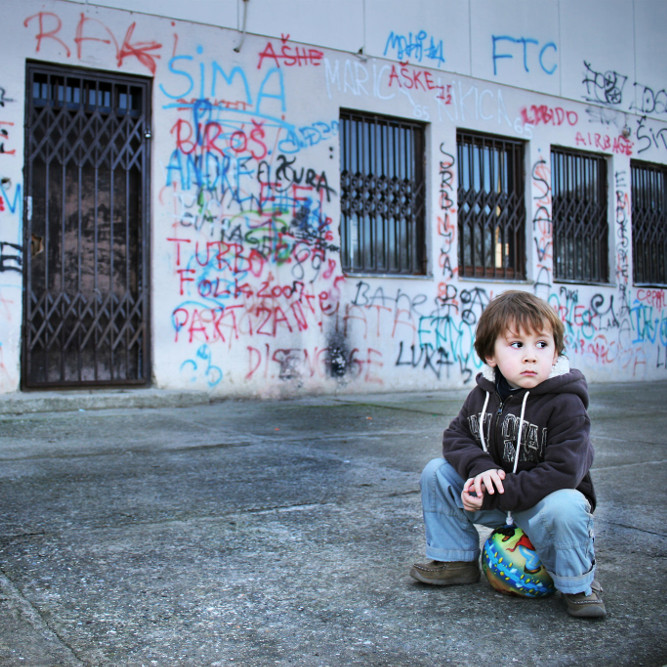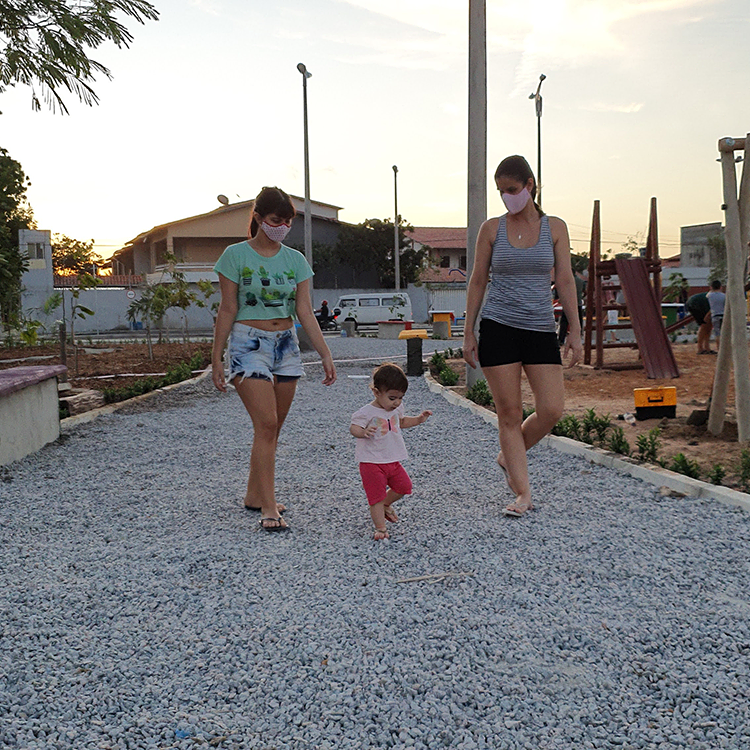A recent commentary published by The Lancet confirmed the unfortunate truth that children continue to disproportionately bear the physical and psychological burden of conflict. War and violence not only put children in immediate physical danger but also can cause serious emotional problems that can haunt children long after a conflict has ended.
Last week, the charity Theirworld drove this point home with an important new report, Safe Spaces: The Urgent Need for Early Childhood Development in Emergencies and Disaster. The report chronicles some sobering facts:
- according to UNHCR, half of the worlds refugees today are children;
- UNICEF estimated that as many as 16 million babies were born in to conflict settings in 2015;
- often children remain in such stressful circumstances throughout their early years.
We know that very young children are particularly vulnerable to such ongoing stress. Beyond the serious physical consequences, the youngest children are in great danger of psychological trauma which impacts both their immediate and long term health, behaviour and learning.

Young children living through emergencies — both natural and manmade — urgently need more attention. That is clear from the combination of the commentary in The Lancet, the report by Theirworld and the pictures of children suffering that unfortunately we see in our newspapers every day. Yet as the report points out, there is a serious gap in humanitarian assistance specifically focused on early childhood development. To address this gap, the report makes a series of recommendations including:
- All humanitarian response plans should include targets addressing the holistic needs of children aged 0-5;
- “Safe spaces” should be established for pregnant women, mothers and caregivers, and babies and young children (0-5) where their physical, psychosocial and cognitive needs can be met.
- Funding through the recently launched Education Cannot Wait fund should prioritise pre-primary and early childhood development support.
Early childhood programmes can be safe havens for young children and families and provide the oasis they need in the midst of chaos. While the most important step is for political leaders to get serious about ending war and other forms of violence, children who are suffering cannot wait for that day. Babies and young children living in crisis and violence and their caregivers need far greater support and investment. It is beyond urgency.




